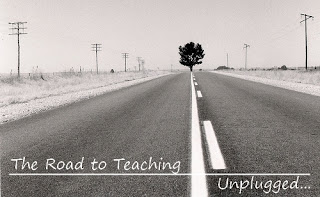Authority in the Classroom: Who Holds the Power?
In chapter 2 of Restaino’s First Semester: Graduate Students, Teaching Writing, and the Challenge of the Middle Ground , a lot of the discussion is about grading and the power dynamic in the classroom. One of the graduate assistants described in this chapter was Tess, whose concerns probably mirrored our own as first year graduate students: Concerns about grades, not knowing how to grade, feeling as if grades are the only way to maintain some kind of control and authority in the classroom. Yet, that very power over grades was the source of much personal and interactional turmoil between Tess and her students. This conversation was particularly relevant for me this week. As I am staring down the barrel of just under 50 papers to grade this week it can be a frightening experience. A lot of times, we as instructors––especially as first-year graduate students––feel that the only way we have to maintain control is through grades. Us as graduate students who have o...

